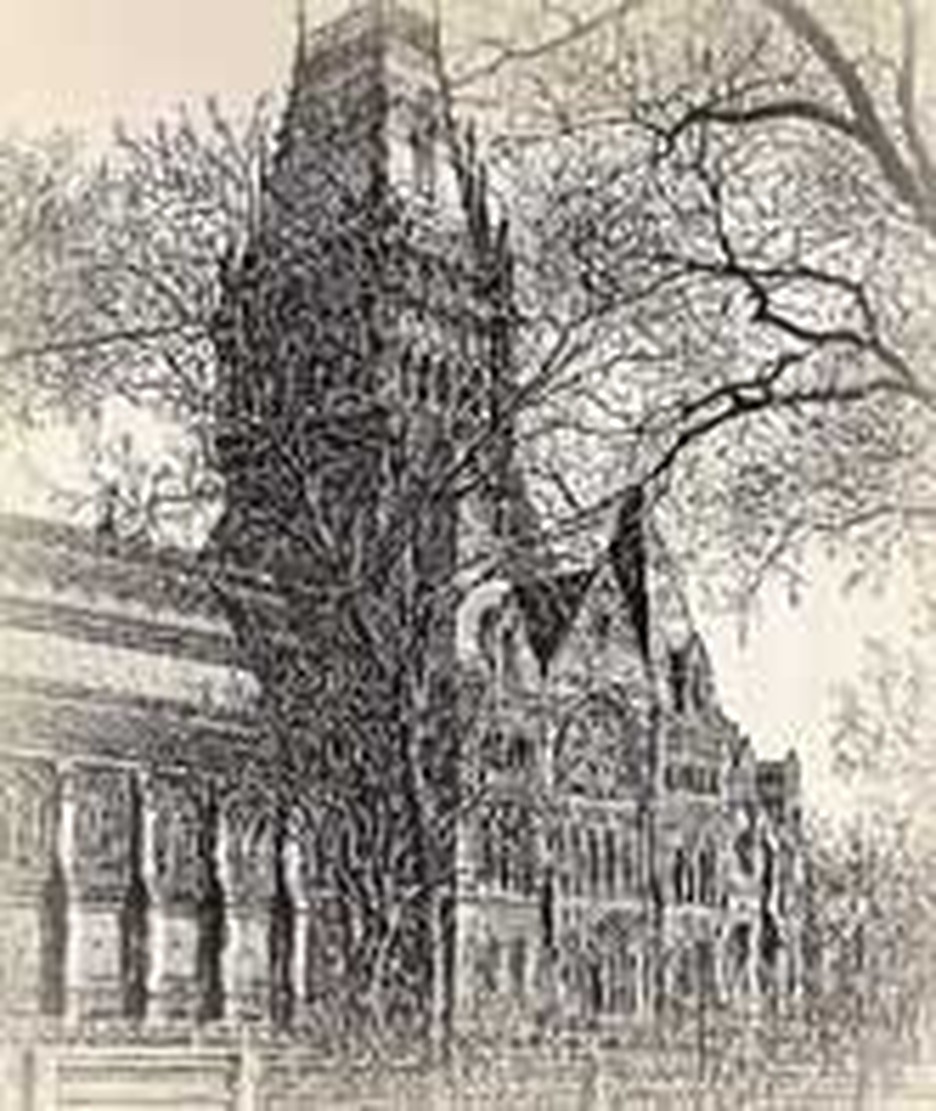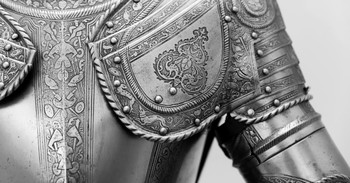
When Thomas Shepard was 44 years old, he contracted a sore throat. The outstanding Puritan preacher never recovered. On this day, August 25, 1649, his short, hard life drew to a close.
Born on the day that the gunpowder plot was discovered, at the very hour in which Parliament was to have been blown up, Thomas lost his mother when he was just four. A godly woman, she had loved young Thomas and prayed earnestly for him. His stepmother disliked him and often incited his father to punish him, although Thomas admitted he may have deserved it. Thomas remembered his father, a grocer, as, on the whole, a wise and godly man, but he died when Thomas was just ten.
Thomas was thrown onto grandparents who neglected him. Meanwhile he was treated with such brutality by his schoolmaster that he hated school. When the cruel teacher died and a kinder man took his place. Thomas discovered he liked to learn after all and determined to become a scholar. An older brother provided him with a loving home, and the young man knew a measure of happiness, "for him God made to be both father and mother unto me."
He was not happy, however, even when he entered Cambridge University at the age of fifteen. He was living a life of reckless sin. Although he hungered for God, he hungered more for the things that fed his lust and pride; and he gambled, bowled and drank. After getting drunk one night he fled to a field and prayed. At the moment when he was worst, Christ was best to him, and Thomas "saw" the Lord's sorrow for his sin. He vowed to spend part of each day in meditation. Resolutions did not change his heart. In fact, his character did not change until he heard a Puritan preach on Paul's words "Be renewed in your mind." (Romans 12.)
With the beginnings of a change of heart, Thomas still did not have peace. He experienced so much doubt that he contemplated suicide. But he emerged victorious, determined to become a preacher. And an effective preacher he was. He showed the people their misery and Christ as the remedy, and explained the way to seize Christ's mercy. Archbishop Laud, who viewed the Puritans as a threat to national unity, summoned Thomas. With mocking words, he ordered the young man to stop preaching.
Thomas became chaplain in a private home and married. Intolerant religious authorities drove him from his position. His first son died. He and his wife embarked for New England. In cruel winter weather they barely escaped shipwreck. His wife contracted tuberculosis and soon went to the grave. Their remaining son was sickly. When Thomas remarried, his second wife also died after a few years, leaving him with deep grief. Two of their three children died young; and the third lived only into his twenties. Thomas saw these afflictions as God's loving hand on him.
In the colonies, Thomas became a major figure. He was a leader in the trial and banishment of Ann Hutchinson. Her idea that every individual could receive messages from the Holy Spirit seemed to him to threaten the good order of the community.
Although he led more individuals to Christ than any other Puritan minister, he always felt dissatisfied with his efforts. He poured his energy into establishing an Indian mission, writing religious books, and founding Harvard University. When he died on this day, contemporaries knew that a great man had passed from their midst.
Bibliography:
- "Shepard, Thomas." Dictionary of American Biography. New York: Charles Scribner's Sons, 1958.
- Werge, Thomas. Thomas Shepard. Boston: Twayne, 1987.
Last updated July, 2007.


